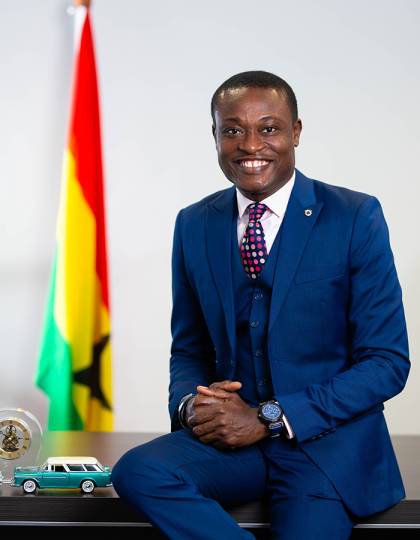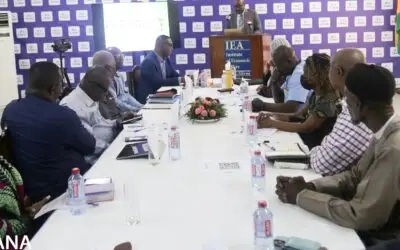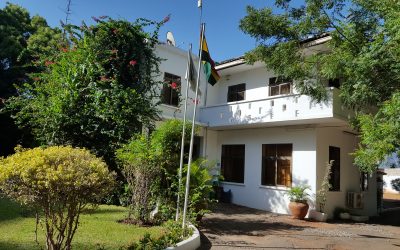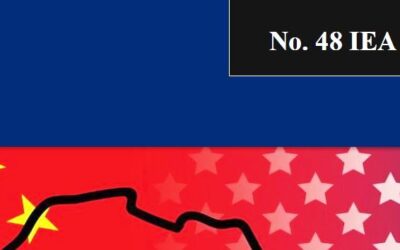The Institute of Economic Affairs (IEA) has suggested a total review of the act that established the Office of the Special Prosecutor Act, 2017 (OSP Act 959) to make the office independent of the executive and provide it with the teeth to bite. It said the current arrangement where the OSP was nominated by the Attorney-General, appointed by the President, with parliamentary approval, and funded by the executive arm of government did not give it the muscle to fight corruption.
“The current OSP Act is flawed and cannot fight corruption. It is the reason both the previous and the current Special Prosecutors have not been effective,” the Director of Research at the IEA, Dr. John K. Kwakye, said at a press conference yesterday. He was reflecting on the President’s State of the Nation Address delivered in Parliament on Tuesday, February 27, this year. Dr. Kwakye also addressed issues relating to the Monetary Policy Committee (MPC) of the Bank of Ghana, which presented outcomes of the monetary policy side of the economy after its 117th sitting.
The IEA Director of Research said the position of the OSP should be advertised for qualified persons to go through the selection process, whose funding should be drawn directly from the Consolidated Fund.
Dr Kwakye touched on some areas in the President’s address and the failure of it to address the issues of corruption and galamsey. He said significant progress had been made in the fight against galamsey but corruption remained endemic, enriching few people and impoverishing the rest of the masses.
On one of the government’s flagship programmes, the Free Senior High School (SHS), Dr Kwakye reiterated his call for a review of the policy to allow parents to contribute to the feeding of their children. He stated that the current feeding regime had not been helpful to the students and proposed a minimum of GH¢6 a day to keep the children healthy. The IEA also suggested that parents who could afford should be allowed to pay for their children’s fees to free the government to enable it to re-channel such resources into other areas. He said the failure of the President to give details about the Free SHS policy, galamsey and corruption in his message on the state of the nation was unfortunate.
Dr Kwakye said while the government might have good motives behind the introduction of such taxes, including the Electronic Transfer Levy (E-Levy), it defeated its pre-election message of moving the country from taxation to production.
The IEA also touched on the infamous debt restructuring programme, stating that it had brought untold hardships to bondholders, especially holders who were pensioners. The institute called on the government to look at a more sustainable way of raising money. “Relying on funds from outside, such as syndication loans, is not only a lazy man’s approach to solving the issue but it’s also not sustainable,” Dr Kwakye stated.
He called for a review of contractual agreements with foreign partners, especially regarding the country’s natural resources, because, as he put it, “We virtually give out everything and take peanuts.”
Dr. Kwakye stated that the energy sector was facing huge financial challenges that required swift and immediate action, stressing the need to restructure the Electricity Company of Ghana (ECG). Dr. Kwakye also highlighted the necessity of weeding out political appointees and focusing on employing competent people to turn the ECG around.
SOURCE: https://www.graphic.com.gh/news/general-news/ghana-news-review-osp-act-to-make-it-independent-iea.html





